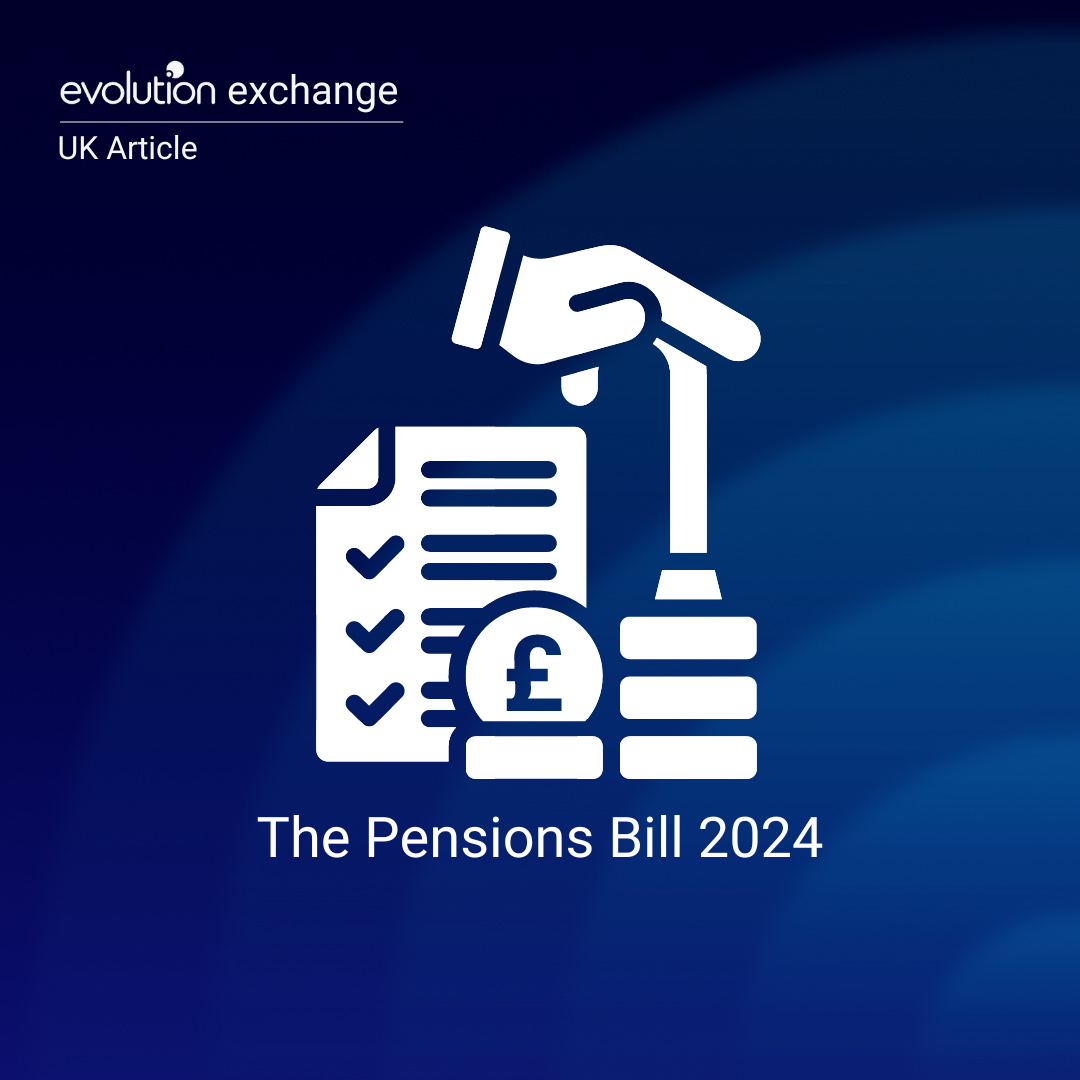The Pensions Bill 2024, as introduced in parliament, is aimed at reforming the retirement savings landscape to better prepare individuals for financial security in their retirement years. Here are the key components and implications of the proposed legislation:
Key Components of the Pensions Bill 2024
Auto-Enrolment Expansion:
-
Lowering the Age Threshold: The bill proposes to lower the age at which employees are automatically enrolled in a pension scheme from 22 to 18.
-
Increasing Minimum Contributions: The minimum contribution rates for both employees and employers are set to gradually increase to ensure higher savings.
Private Pension Incentives:
-
Tax Relief: Enhanced tax relief for contributions to private pension schemes to encourage more individuals to save independently.
-
Matching Contributions: Government matches contributions up to a certain limit for low- and middle-income earners to boost their retirement savings.
Regulation and Oversight:
-
New Regulatory Body: Establishment of a dedicated regulatory body to oversee private pension schemes, ensuring compliance, transparency, and protection of members’ interests.
-
Stricter Reporting Requirements: Pension providers will need to adhere to stricter reporting and disclosure requirements to ensure clarity and trust.
Portability and Flexibility:
-
Seamless Transfers: Simplified processes for transferring pensions between providers and across employment to maintain continuity in savings.
-
Flexible Withdrawal Options: Introduction of more flexible options for withdrawing funds to accommodate different retirement plans and needs.
Pension Awareness and Education:
-
Public Campaigns: Nationwide campaigns to raise awareness about the importance of retirement planning and the benefits of private pensions.
-
Financial Literacy Programs: Programs aimed at improving financial literacy regarding pension planning and management.
Implications of the Pensions Bill 2024
Increased Retirement Savings:
The bill is expected to significantly boost the number of individuals saving for retirement, thus enhancing overall financial security for future retirees.
Greater Employer Engagement:
Employers will play a more active role in facilitating retirement savings, potentially leading to improved employee satisfaction and retention.
Enhanced Consumer Protection:
With stricter regulations and oversight, the bill aims to protect consumers from potential mismanagement and fraud within the private pension sector.
Economic Impact:
Increased savings rates may affect consumer spending in the short term but are likely to lead to more stable economic growth in the long term as retirees have more disposable income.
Challenges and Considerations:
-
The implementation of increased contribution rates may pose challenges for both employers and employees in terms of adjusting to new financial commitments.
-
Ensuring that the regulatory framework is robust yet flexible enough to encourage innovation and competition within the private pension market.
Next Steps
The Pensions Bill 2024 will undergo several readings and debates in parliament, during which stakeholders, including the public, employers, and financial institutions, will have the opportunity to provide input and feedback. Amendments may be made before the bill is passed into law, reflecting the consensus and addressing any concerns raised during the legislative process.
By focusing on these reforms, the Pensions Bill 2024 aims to create a more resilient and inclusive pension system that better prepares individuals for a secure retirement.






























